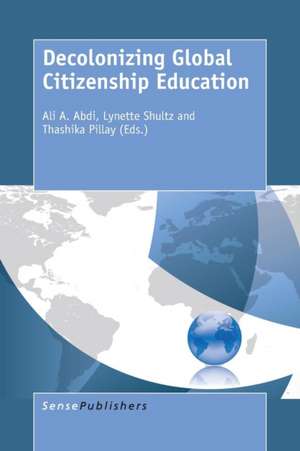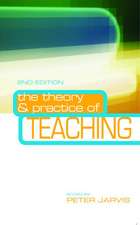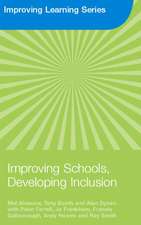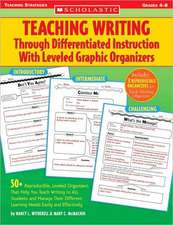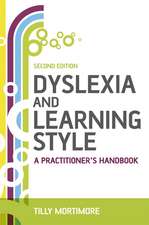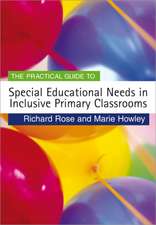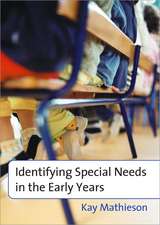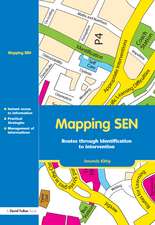Decolonizing Global Citizenship Education
Ali A. Abdi, Lynette Shultz, Thashika Pillayen Limba Engleză Paperback – 31 dec 2014
| Toate formatele și edițiile | Preț | Express |
|---|---|---|
| Paperback (1) | 390.62 lei 38-44 zile | |
| Brill – 31 dec 2014 | 390.62 lei 38-44 zile | |
| Hardback (1) | 578.98 lei 38-44 zile | |
| Brill – 31 dec 2014 | 578.98 lei 38-44 zile |
Preț: 390.62 lei
Nou
Puncte Express: 586
Preț estimativ în valută:
74.74€ • 78.25$ • 61.85£
74.74€ • 78.25$ • 61.85£
Carte tipărită la comandă
Livrare economică 01-07 aprilie
Preluare comenzi: 021 569.72.76
Specificații
ISBN-13: 9789463002752
ISBN-10: 9463002758
Pagini: 254
Dimensiuni: 156 x 234 x 13 mm
Greutate: 0.37 kg
Editura: Brill
Colecția Brill
ISBN-10: 9463002758
Pagini: 254
Dimensiuni: 156 x 234 x 13 mm
Greutate: 0.37 kg
Editura: Brill
Colecția Brill
Recenzii
“This collection of cutting-edge theoretical contributions examines citizenship and neo-liberal globalization and their impacts on the nexus of the local and global learning, production of knowledge, and movements of people and their rights. Case studies in the collection also provide in-depth analysis of lived experiences that challenge the constructed borders, which derive from colonial and imperial re-structuring of the contemporary world and nation-states. The contributors articulate agency in terms of both resistance and proactive engagement toward the construction of an alternative world, which acknowledges equality, justice and common humanity of all in symbiosis with the social and natural environment. It is a valuable reader for students, scholars, practitioners, and activists interested in the empowering possibilities of decolonized global citizenship education.”—N’Dri T. Assié-Lumumba, Cornell University
